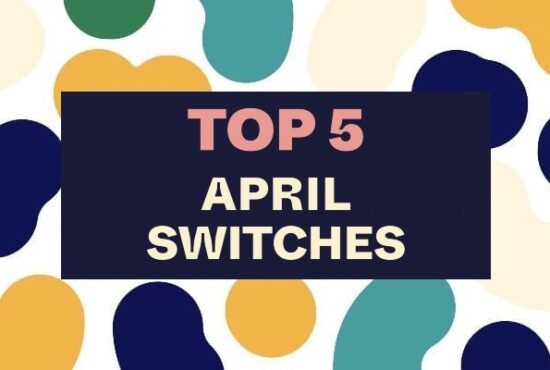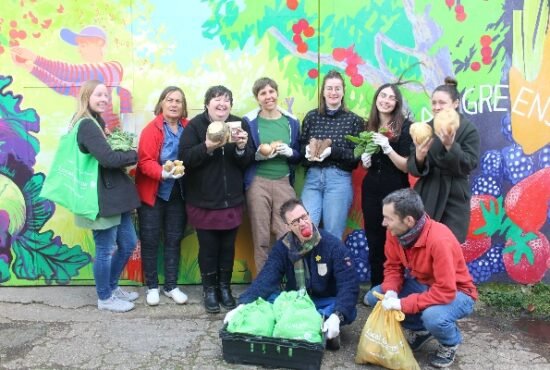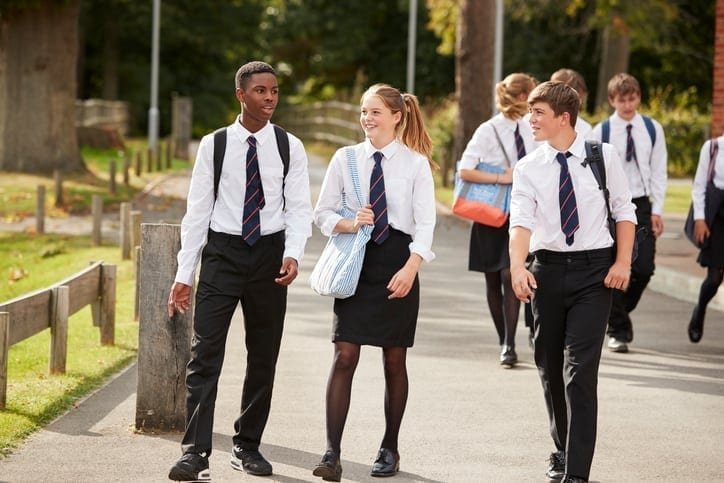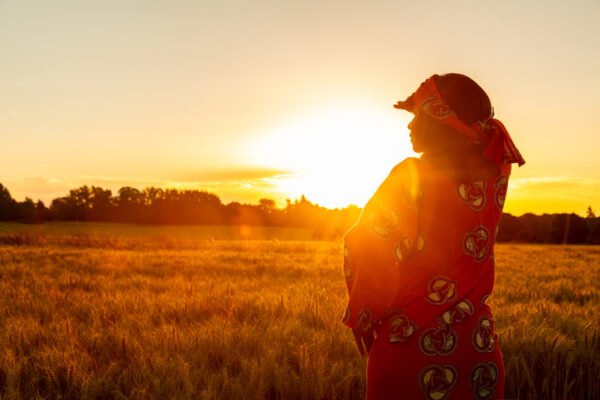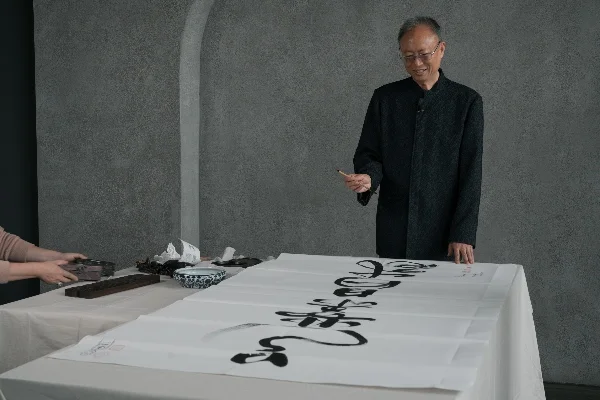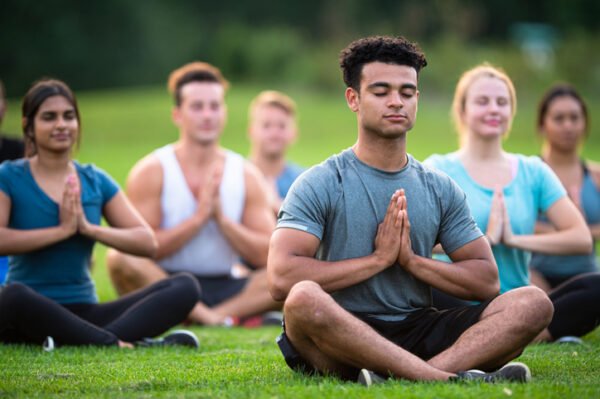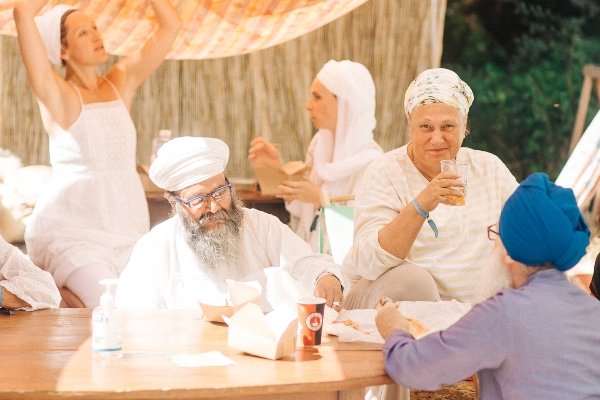This article first appeared in our summer ’18 issue of MyGreenPod Magazine, The Natural Revolution, distributed with the Guardian on 03 Aug 2018. Click here to subscribe to our digital edition and get each issue delivered straight to your inbox
Disruptive behaviour can devour valuable teaching time and cause distress for pupils and teachers alike. ‘Teachers cannot teach and pupils cannot learn in an environment where there is disruption and violence’, teachers’ union NASUWT states.
While every school should have its own behaviour policy, some teachers have said a ‘zero-tolerance’ approach to discipline amounts to child abuse and is feeding a mental health crisis among pupils.
Understanding pain
‘If people are misbehaving, it’s because they are in pain’, says David Geffen, founder of Loving Classroom. ‘It’s my belief that instead of adding to that pain, schools should take time to understand where it is coming from.’
It sounds great on paper, but with increased workloads and an unrelenting stream of targets to hit, is it realistic for teachers to take time out to teach love? From David’s experience as a mediator it’s not just desirable, it’s necessary.
Loving Classroom is an international schools programme for over-11s (with a junior version launching in September). It helps students cultivate ‘a lifetime of good relationships’ – with friends, family, peers and future colleagues. The bonds extend out to local communities, cultures and entire nations.
The programme draws on a wealth of diverse sources – from Dale Carnegie and Mahatma Gandhi to the Talmud and the US Army leadership programme. It started off as a series of workshops designed to heal the divisions in Israeli society following the assassination of Prime Minister, Yitzchak Rabin in 1995.
Through Loving Classroom, teachers are trained to facilitate and develop eight lessons in their classroom: Respect, Compassion, Listening, Kindness, Gratitude, Love, Friendship and Care. ‘By accentuating the positive there’s a natural reduction in the negative’, David says, ‘such as bullying, anger, disruption, selfishness and apathy.’
 Play Video about This Rock Might Just Save The World
Play Video about This Rock Might Just Save The World Play Video about Play 2 hours of rock
Play Video about Play 2 hours of rock Play Video about Play 2 hours of brook
Play Video about Play 2 hours of brook Play Video about Play 2 hours of sheep
Play Video about Play 2 hours of sheep

